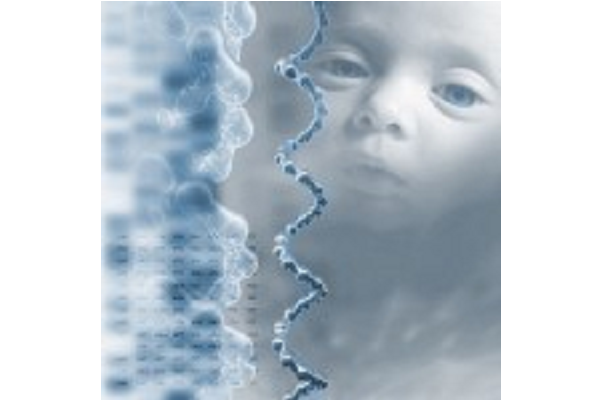Despite pro-life groups calling on the House of Lords to reject the so-called “three-parent” embryo regulations being debated in the upper chamber, the British parliament put its final stamp of approval on the grisly technique.
These regulations (the Human Fertilisation and Embryology (Mitochondrial Donation) Regulations) are designed to usher in the cloning of human embryos, the Society for the Protection of Unborn Children (SPUC) said in its lobbying against it. The manipulation of the human germ line would be permitted for the first time, contrary to modern international biomedicine agreements and long-standing ethical principles.
Paul Tully, SPUC’s general secretary, said: “The 1990 Human Fertilisation and Embryology Act was not intended to permit human cloning, and so the alteration of germ-line genetic material was forbidden. The restrictions have been repeatedly weakened, however, and this is a further stage in dismantling the so-called safeguards of the embryology law.”
“It is often supposed that the objection to germ-line modification is that it will lead to the creation of either ‘monsters’ or super-humans. Neither outcome is likely. Instead, many embryos will die in the efforts to restructure their genetic make-up,” he said. “The reality is that we know far too little about mitochondria to know what impact the cloning process would have on mitochondrial disease. It is true that the mitochondria carry very few genes but scores of other genes needed by mitochondria are stored in the cell nucleus. Transferring the nucleus of an ovum or an embryo to another cell cannot be predicted to have any certain benefit.”
CLICK LIKE IF YOU’RE PRO-LIFE!
Tully continued:“The proponents of embryo research have repeatedly held out promises of cures and medical advances in the field of inherited conditions. But the benefits have always failed to materialise, and we suspect that the same is happening again here. The parents of children affected by mitochondrial disease are being exploited to support unethical experiments, based on the false hope that their children will benefit.”
Caroline Simons of the Pro Life Campaign, is also very concerned about what will transpire once scientists begin this practice. She says cures that will supposedly benefit patients are greatly exaggerated.
These techniques will not cure any individual, before or after birth, of mitochondrial disease. They attempt to create individuals without the mitochondrial defects which may cause disease. A child who is sick remains sick.
These techniques will only apply to some mitochondrial disease, not all. The scientists speak of mitochondrial disease as if it were always due to a defect in inherited mitochondrial genes. But it also occurs because of defects in the nuclear genes implicated in mitochondrial function and because of a build-up of mitochondrial damage caused by external factors, like viral infections, unintended effects of anaesthesia etc. “Three-parent” IVF will not avoid mitochondrial disease caused by these two.
Furthermore, defects in the mitochondrial genes are very rare. The painful statistics of affected families include mostly the latter two reasons. While it can be devastating and even fatal, disease caused by defects in the mitochondrial genes is very rare indeed, particularly in children. In Sweden and Australia it is estimated that 5 in 100,000 children have mitochondrial disease, with defects in the mitochondrial genes accounting for 15 percent of that figure. In most cases of diagnosis of mitochondrial mutation in childhood, suspicion of maternal inheritance is the exception rather than the rule.
The prevailing scientific theory that we inherit mitochondria exclusively from our mothers may be wrong. Some scientists believe it important to examine the possibility of paternal inheritance (which is common and recurring in other mammals). A paper published in the New England Journal of Medicine reported evidence of three cases of paternal transmission of mitochondrial disease in humans. Recent research proposes that assisted human reproduction may increase the rate of transmission of paternal mitochondria. The “three-parent” techniques would not avoid inheritance of faulty mitochondria from fathers.
The number of diagnoses has been exaggerated. In 2014, the UK team pioneering this research advised the UK Department of Health that these techniques would “prevent around 10 children a year suffering serious mitochondrial disease.” Days before the UK House of Commons passed the regulations to permit these techniques, the New England Journal of Medicine published a letter from the same team suggesting that these new techniques could benefit about 150 births per year [in the UK].








